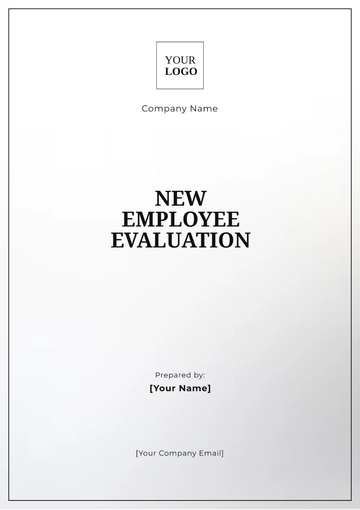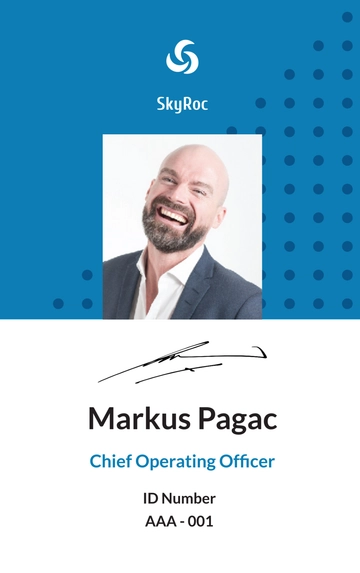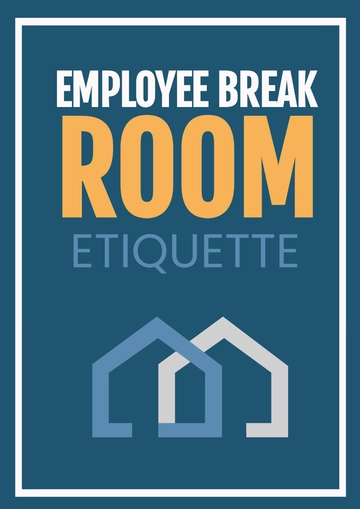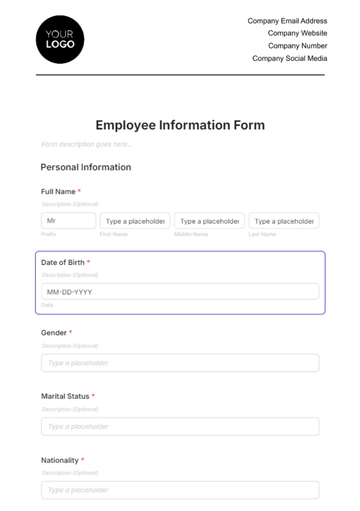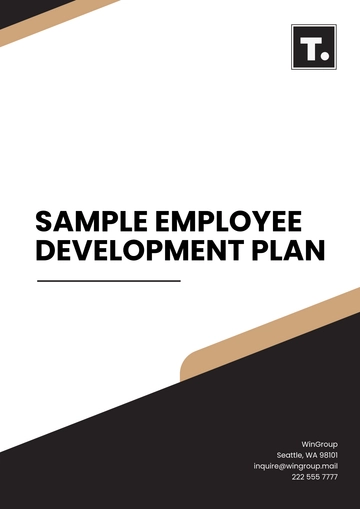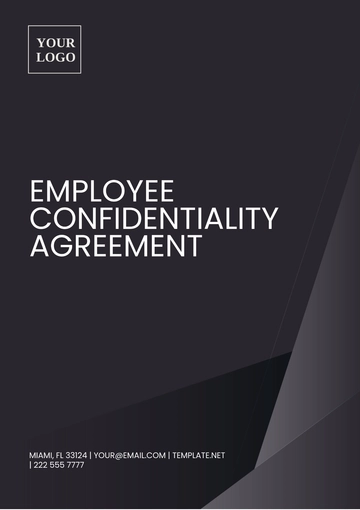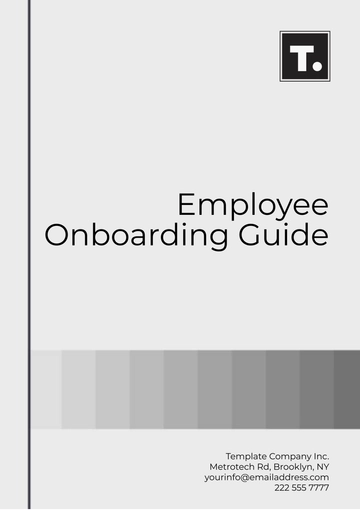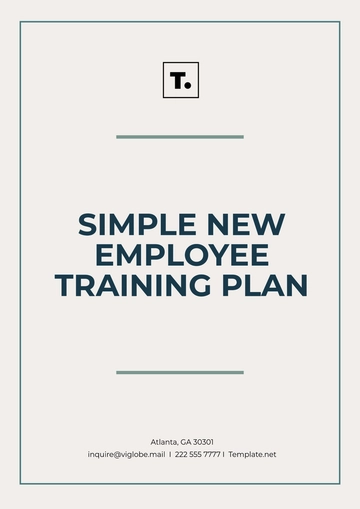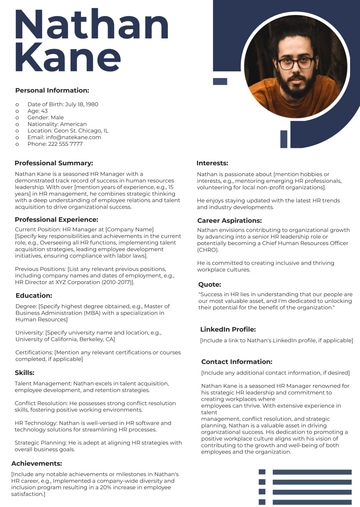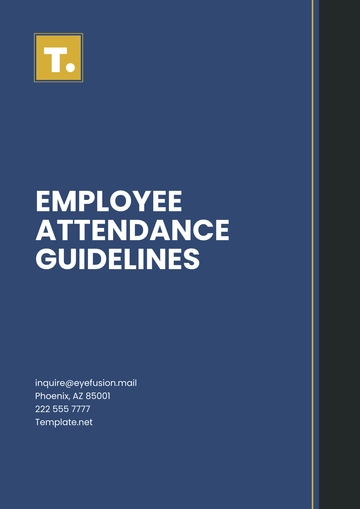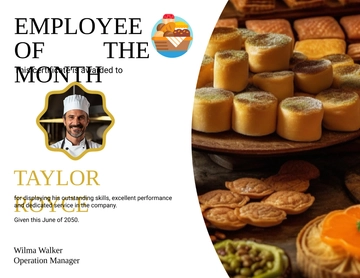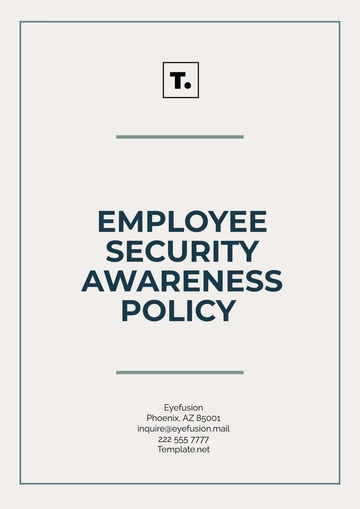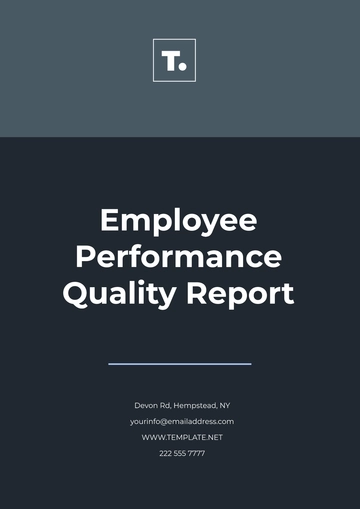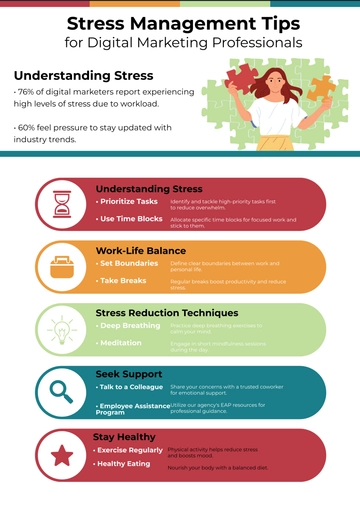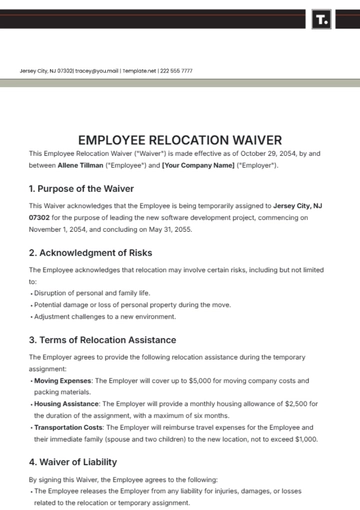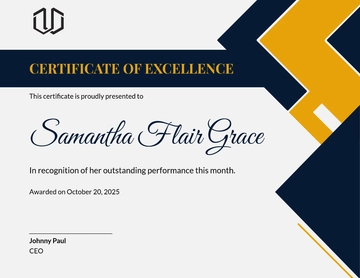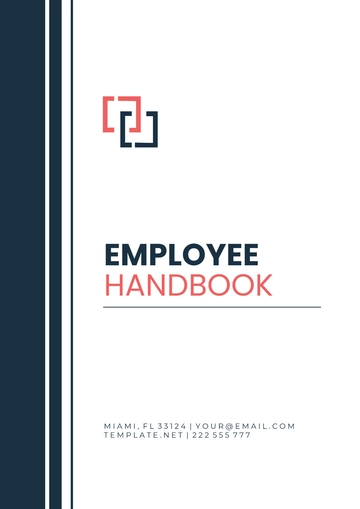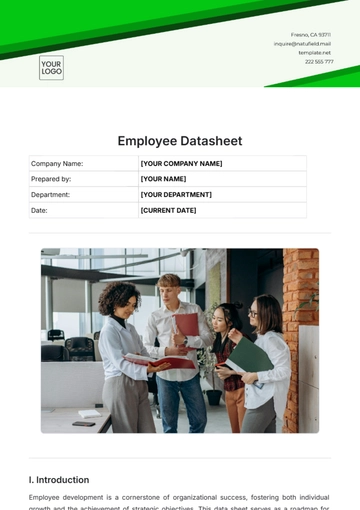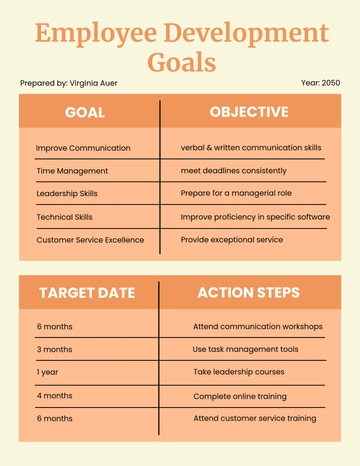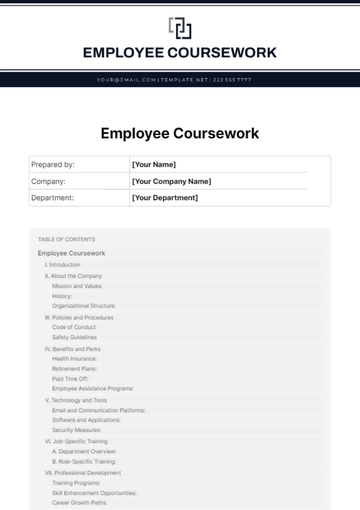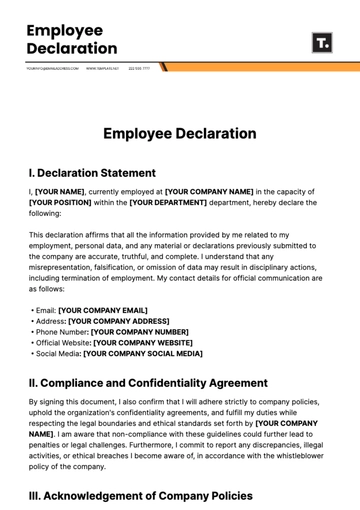Free Real Estate Employee Engagement Study
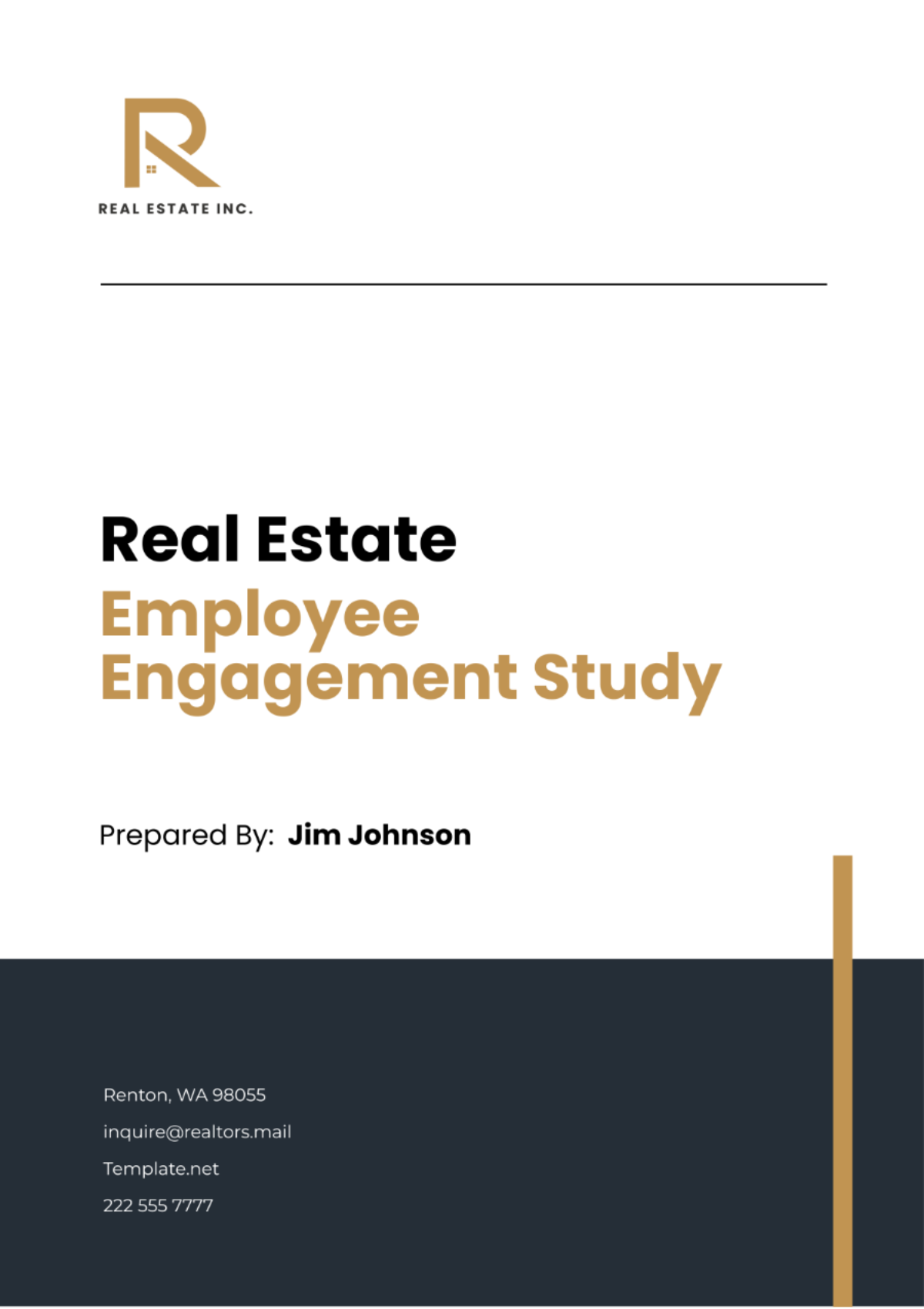
I. Introduction
In today's dynamic and competitive real estate landscape, the significance of employee engagement cannot be overstated. This study endeavors to delve deep into the realm of employee engagement within the real estate industry, recognizing its profound implications on organizational productivity, employee satisfaction, and overall well-being.
By embarking on this research journey, we aim to unravel the intricacies surrounding employee engagement, shedding light on both its prevalence and the underlying factors that shape it. Through meticulous investigation, we seek to not only gauge the current level of engagement among real estate professionals but also decipher the drivers that fuel it.
Amidst the ever-evolving trends, challenges, and opportunities within the real estate sector, this study aspires to offer a panoramic view of the landscape. By exploring the nexus between industry dynamics and employee engagement, we endeavor to unearth invaluable insights that can inform strategic decision-making.
At its core, this study is driven by a fundamental quest: to empower real estate organizations with the knowledge and understanding needed to cultivate a workplace culture that fosters engagement, fulfillment, and success. As industry leaders, it is our collective responsibility to navigate these complexities adeptly, harnessing the full potential of our workforce to achieve sustainable growth and excellence.
II. Background and Context
Recent literature underscores the importance of employee engagement in the real estate sector. Studies show that highly engaged employees have increased productivity, which in turn contributes to the success of the real estate companies (Smith, 2020). Moreover, engaged employees are likely to stay longer with the company, thus reducing recruitment and training costs (Jones, 2019). They are also more likely to advocate for the company and become brand ambassadors, attracting new clients and potential employees (Doe, 2021).
The real estate sector is unique due to its high-risk, high-reward nature and its reliance on continually changing market conditions (Taylor, 2021). Thus, employee satisfaction, which is directly related to engagement levels, is crucial in this volatile and demanding environment. It is linked with employee's ability to handle stress, work in teams, and their commitment to the organization (Green, 2020). These factors also underscore the importance of a positive work culture and work-life balance in the real estate sector (Brown, 2019).
III. Methodology
In order to comprehensively explore employee engagement within the real estate industry, a multi-faceted approach to data collection and analysis was adopted. Through an extensive survey, supplemented by in-depth interviews and focus group discussions, a nuanced understanding of engagement levels and contributing factors was attained. Rigorous data analysis using SPSS ensured robustness, while cross-verification techniques upheld the validity and reliability of findings.
Data for this study were collected through an extensive survey targeting employees across various hierarchies in the real estate sector.
Interviews were conducted with a subset of survey participants for a deeper understanding of their engagement levels.
A focus group discussion was facilitated for real estate managers to gain insights into existing organizational practices for enhancing employee engagement.
Data analysis was conducted using SPSS, with a focus on descriptive statistics, correlation analysis, and regression modeling.
The validity and reliability of the findings were ensured through cross verification and repeated analysis.
IV. Results
The results from the surveys and interviews revealed that employee engagement within the real estate sector varied significantly. Around [67%] of employees expressed satisfaction with their job roles, whereas only [54%] stated that they were fully engaged in their work. Factors such as leadership style, communication, work culture, career development opportunities, and work-life balance were found to be significantly associated with employee engagement. Furthermore, it was found that companies that prioritized these factors had higher employee engagement levels. A summary of these results is provided in the table below:
Factors | Percentage of employees rating it as important |
|---|---|
Leadership style | 87% |
Communication | 81% |
Work culture | 78% |
V. Factors Influencing Employee Engagement
Employee engagement within the real estate sector is influenced by a multitude of factors, each playing a pivotal role in shaping organizational dynamics and employee satisfaction. This section examines key influencers categorized into sub-sections as follows:
1. Leadership and Management: Effective leadership and managerial practices are fundamental in fostering employee engagement. Transparent communication, supportive leadership, and opportunities for professional growth are paramount.
2. Work Culture and Environment: A positive work culture characterized by inclusivity, collaboration, and recognition cultivates a sense of belonging and motivation among employees. A conducive work environment that prioritizes employee well-being also contributes significantly to engagement levels.
3. Career Development Opportunities: Opportunities for career advancement, skill development, and learning contribute to employee engagement by enhancing job satisfaction and fostering a sense of progression and fulfillment.
4. Compensation and Benefits: Fair and competitive compensation packages, along with additional benefits such as healthcare, retirement plans, and flexible work arrangements, play a crucial role in motivating employees and enhancing their commitment to the organization.
5. Work-Life Balance: Striking a balance between professional responsibilities and personal life is essential for employee well-being and engagement. Organizations that prioritize work-life balance through flexible scheduling and supportive policies tend to have more engaged employees.
6. Recognition and Rewards: Acknowledgment of employee contributions through formal and informal recognition programs fosters a culture of appreciation and reinforces positive behaviors, thereby enhancing engagement and morale.
7. Communication and Feedback: Open and transparent communication channels, coupled with regular feedback mechanisms, promote trust, collaboration, and employee empowerment, leading to higher levels of engagement and job satisfaction.
Understanding and effectively addressing these factors are imperative for real estate organizations seeking to enhance employee engagement and drive organizational success.
VI. Conclusion
In traversing the multifaceted landscape of employee engagement within the real estate sector, this study illuminates a pathway towards organizational vitality and success. Anchored in a deep understanding of the industry's dynamics and informed by empirical insights, the conclusions drawn herein carry profound implications for organizational strategy and culture.
Insights into Engagement Dynamics |
By unraveling the intricate interplay of factors shaping employee engagement, this study offers invaluable insights into the underlying dynamics driving workforce motivation and commitment within the real estate domain. |
Imperatives for Organizational Strategy |
The findings underscore the critical importance of aligning organizational strategies with the key drivers of employee engagement, emphasizing the need for proactive measures to cultivate a supportive, inclusive, and growth-oriented workplace culture. |
Pathways to Enhanced Performance |
Recognizing the symbiotic relationship between employee engagement and organizational performance, this study delineates pathways for real estate organizations to unlock the full potential of their workforce, thereby fostering heightened productivity, satisfaction, and overall well-being. |
Call to Action for Industry Leaders |
As custodians of organizational vision and stewardship, industry leaders are called upon to heed the insights gleaned from this study and embark on a journey of transformative change. By championing employee engagement as a strategic imperative, they can propel their organizations towards sustained growth and competitiveness in an ever-evolving landscape. |
A Blueprint for Future Research |
This study not only illuminates the present state of employee engagement in the real estate sector but also serves as a springboard for future inquiry. Future research endeavors may focus on implementing and refining the strategies outlined herein, while also exploring novel avenues for enhancing engagement in diverse organizational contexts. |
In essence, this study heralds a new dawn for employee engagement in the real estate industry—an era where engagement ceases to be merely desirable but becomes an indispensable cornerstone of organizational resilience, innovation, and prosperity.
VII. Best Practices and Recommendations
Drawing upon the insights gleaned from this study, the following best practices and recommendations are offered to real estate organizations striving to enhance employee engagement and foster a thriving workplace culture:
1. Cultivate Transformational Leadership: Encourage leaders to adopt transformational leadership styles characterized by vision, empathy, and empowerment, thereby inspiring and motivating their teams.
2. Prioritize Communication and Transparency: Foster open and transparent communication channels, ensuring that employees are kept informed and engaged in organizational decisions and initiatives.
3. Invest in Professional Development: Provide ample opportunities for skill development, career advancement, and continuous learning to nurture employee growth and fulfillment.
4. Foster a Culture of Recognition: Implement robust recognition programs to celebrate achievements and reinforce desired behaviors, fostering a culture of appreciation and camaraderie.
5. Champion Work-Life Balance: Promote work-life balance through flexible work arrangements, wellness initiatives, and supportive policies, thereby enhancing employee well-being and job satisfaction.
VIII. Conclusion
In culmination, this study offers a comprehensive examination of employee engagement within the real estate sector, illuminating key insights and pathways towards organizational excellence. By delving into the intricate dynamics shaping engagement levels and elucidating best practices for fostering a conducive workplace culture, this study serves as a beacon for industry leaders navigating the complexities of the modern real estate landscape.
As real estate organizations chart their course forward, the imperative of prioritizing employee engagement looms large as a linchpin for success. By heeding the recommendations outlined herein and embracing a steadfast commitment to cultivating a highly engaged workforce, organizations can chart a course towards sustained growth, resilience, and competitive advantage in an ever-evolving industry landscape.
- 100% Customizable, free editor
- Access 1 Million+ Templates, photo’s & graphics
- Download or share as a template
- Click and replace photos, graphics, text, backgrounds
- Resize, crop, AI write & more
- Access advanced editor
Boost team morale and productivity with the Real Estate Employee Engagement Study Template from Template.net. This editable and customizable template is designed to assess and enhance engagement levels within your real estate team. Editable in our Ai Editor Tool, it's key for identifying drivers of satisfaction and areas for improvement, fostering a motivated and committed workforce ready to excel in the competitive real estate market.
You may also like
- Employee Letter
- Employee ID Card
- Employee Checklist
- Employee Certificate
- Employee Report
- Employee Training Checklist
- Employee Agreement
- Employee Contract
- Employee Training Plan
- Employee Incident Report
- Employee Survey
- Employee of the Month Certificate
- Employee Development Plan
- Employee Action Plan
- Employee Roadmap
- Employee Poster
- Employee Form
- Employee Engagement Survey

